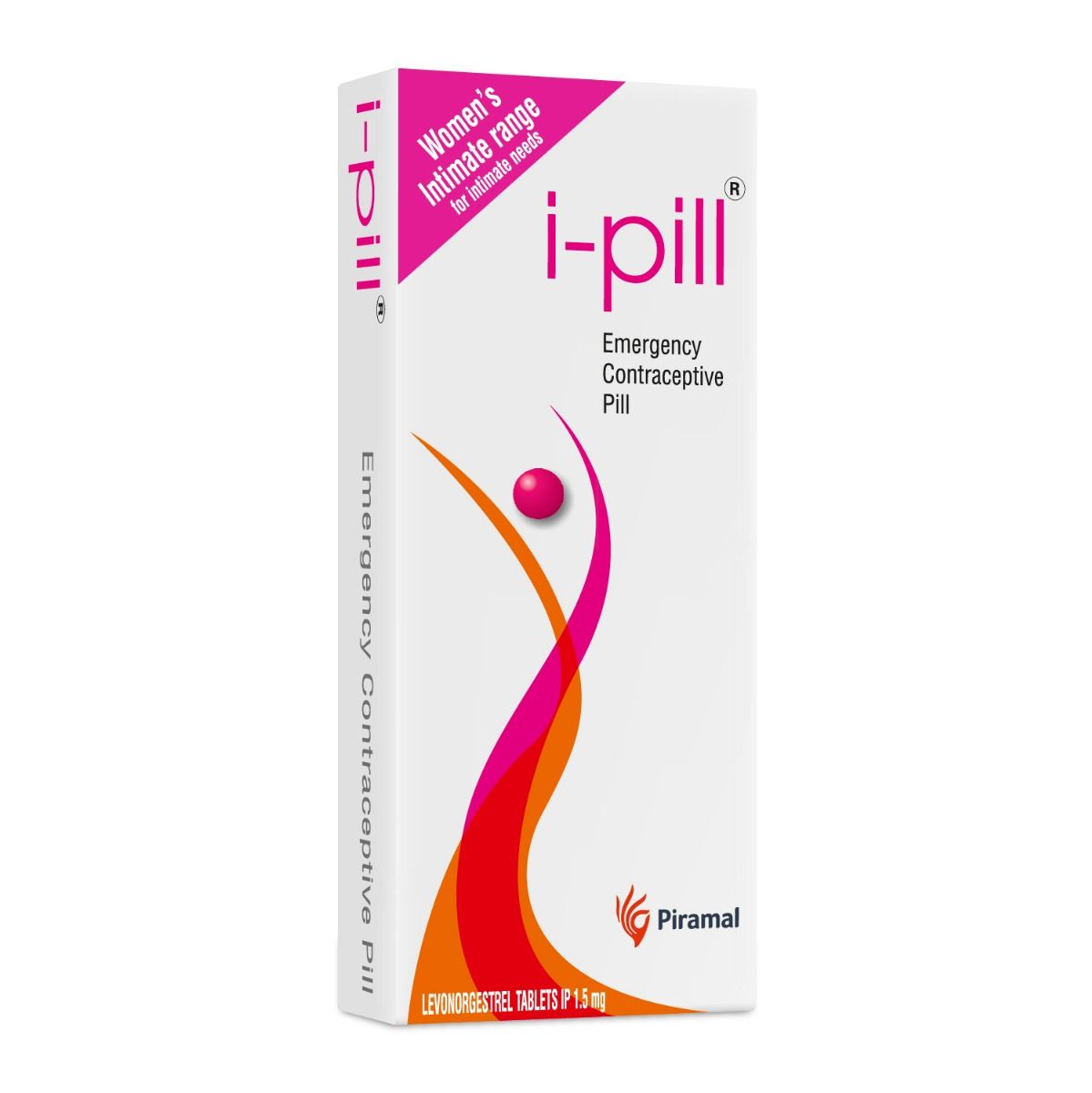What is the "Morning After" Pill?
The "morning after" pill is an emergency contraceptive method. It is intended for use after unprotected sex or if your usual birth control method fails. The pill works primarily by delaying ovulation, ensuring that no eggs are released for fertilisation. Some types also make it more difficult for sperm to reach the egg, further reducing the chance of pregnancy.
It’s important to remember that emergency contraception is a backup plan, not a substitute for regular birth control methods. Two main types of emergency contraceptive pills are available: Levonorgestrel, which can be purchased without a prescription, and Ulipristal acetate, which requires a prescription.
While effective, the "morning-after" pill can cause some side effects, including nausea, fatigue, dizziness, and changes to your menstrual cycle, such as delayed periods. These side effects are typically mild and temporary.
i-Pill Emergency Contraceptive Pill Tablet
i-Pill is the most common oral contraceptive pill, available in many countries. The i-Pill Emergency Contraceptive Pill Tablet is used to prevent in emergencies, such as a contraceptive failure, missed birth control pills, or a condom break. It contains levonorgestrel, which delays ovulation and prevents fertilisation by ensuring no eggs are released for sperm to fertilise.
For maximum effectiveness, take the i-Pill as soon as possible after unprotected sex, ideally within 24 hours. While it remains effective up to 72 hours (3 days) after intercourse, its efficacy decreases with time. The i-Pill is a single-dose tablet to be taken with water; no additional dosage is needed.
It is important to note that the i-Pill is not an abortion pill and should not be taken if you are already pregnant. Also, while it helps prevent pregnancy, it does not protect against sexually transmitted infections (STIs), so it should not be used as a substitute for condoms during intercourse.
Remember, the i-Pill is a backup method for emergencies and should not be relied upon as a regular form of contraception.
The i-Pill is a single-dose tablet, and should be taken with water. There is no need for an additional dosage. Remember that it is efficient in preventing pregnancy, but it does not give any protection against sexually transmitted diseases. Please do not substitute this medicine for a condom during intercourse.


